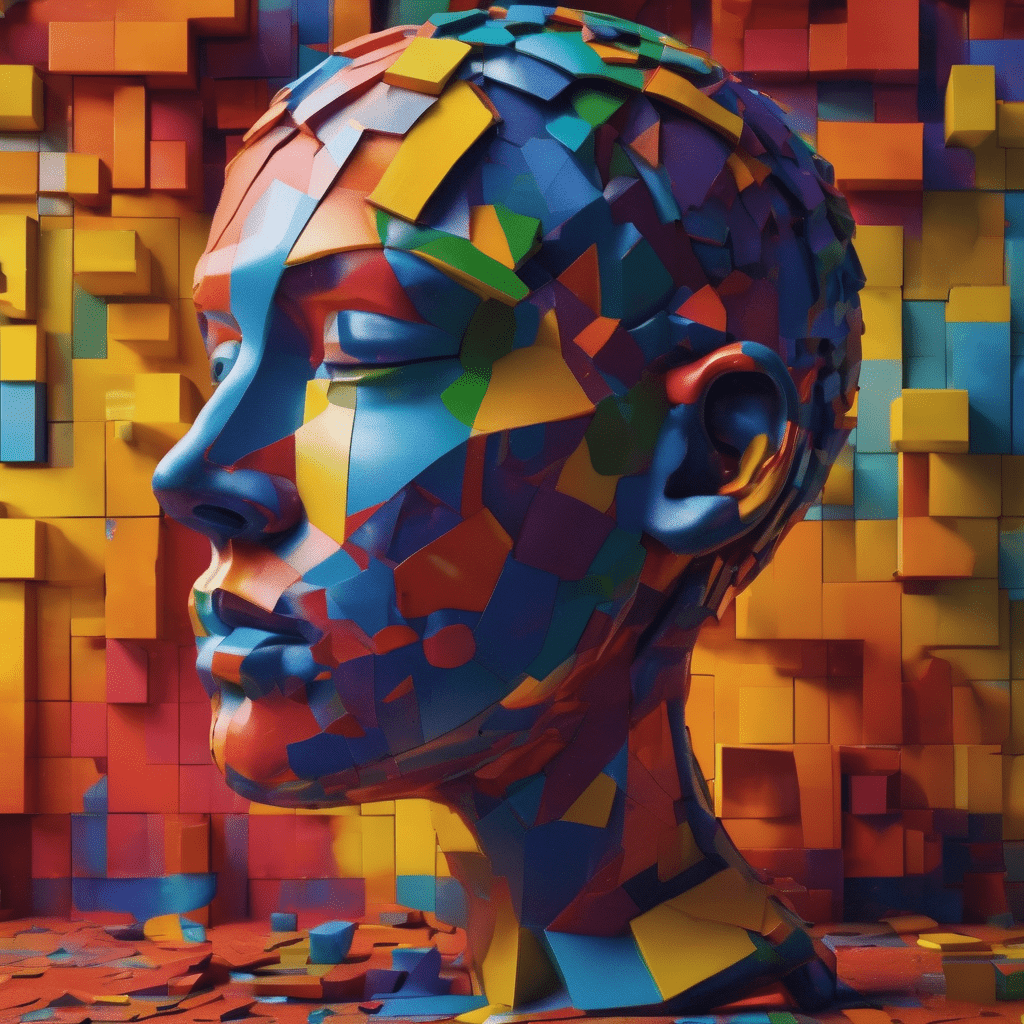
Critical thinking is the process of actively and objectively analyzing information, concepts, situations, or problems in a systematic and logical manner. It involves the ability to evaluate, synthesize, and make reasoned judgments based on evidence and sound reasoning rather than on emotions or personal beliefs. It is an essential skill in a wide range of disciplines and everyday life. Developing critical thinking skills takes time and practice. It involves cultivating a mindset that values reason, evidence, and intellectual curiosity.
Questioning and Inquiry: Critical thinkers are curious and ask questions. They seek to understand the underlying assumptions, facts, and reasoning behind information or arguments. They don’t accept things at face value but instead inquire to gain a deeper understanding.
Evidence-Based: Critical thinking relies on evidence and data. It involves evaluating the quality and relevance of information and considering the source’s credibility. Critical thinkers look for reliable evidence to support their conclusions.
Analysis: Critical thinkers break down complex problems or ideas into smaller, manageable parts. They analyze these parts to identify patterns, relationships, or inconsistencies that may not be immediately obvious.
Evaluation: Critical thinking involves assessing the strengths and weaknesses of arguments, ideas, or solutions. This includes considering alternative viewpoints and potential biases.
Problem-Solving: Critical thinking is often used to solve problems. It involves identifying problems, generating potential solutions, and evaluating those solutions to determine the most effective course of action.
Creativity: Critical thinking is not limited to analysis and evaluation. It also involves creative thinking to generate innovative solutions or approaches to problems.
Communication: Critical thinkers can articulate their thoughts and ideas clearly and persuasively. They can explain their reasoning and conclusions to others effectively.
Open-Mindedness: Critical thinkers remain open to new information and perspectives. They are willing to revise their beliefs or opinions when presented with compelling evidence or arguments.
Self-Reflection: Critical thinkers engage in self-reflection to examine their own biases, assumptions, and thought processes. They are aware of the potential for cognitive biases and work to mitigate them.
Decision-Making: Critical thinking is crucial in making informed and rational decisions. It helps individuals weigh the pros and cons of different options and choose the most suitable course of action.
Education, exposure to diverse perspectives, and engaging in activities that challenge one’s thinking can all contribute to the development of strong critical thinking abilities.
Check other write stories here

0 Comments